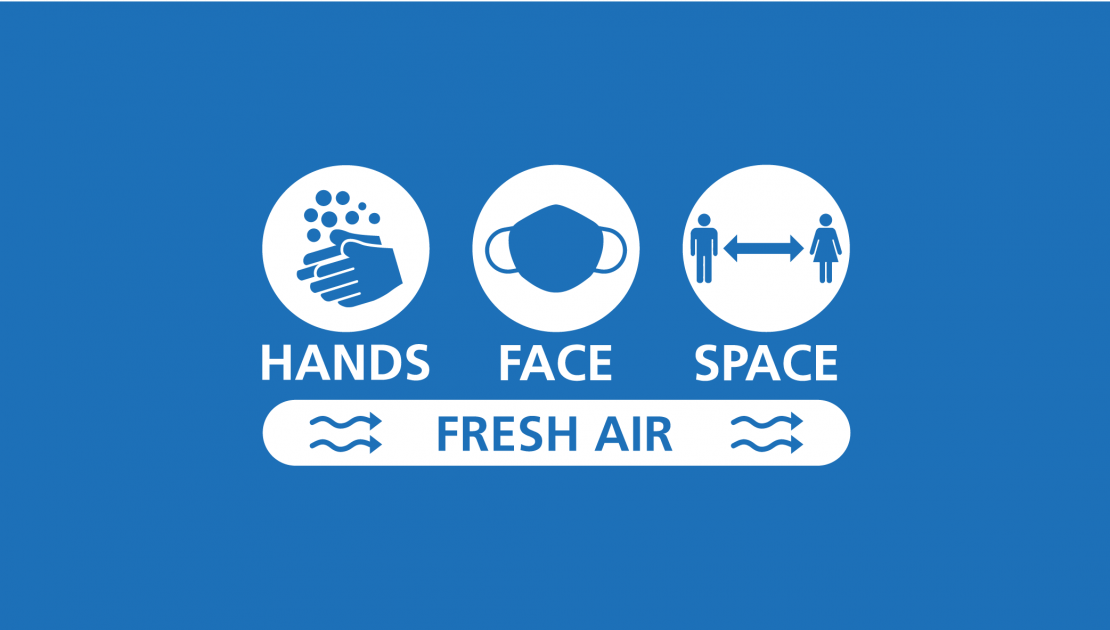Boris Johnson has now confirmed that England will move to the final stage of easing Covid restrictions on 19th July 2021. However, he warns that the pandemic is not over and it is still possible to catch and spread the virus, even if a person is fully vaccinated.
He also reminded us that we are still in the third wave of this pandemic in the UK and every effort should be taken so this does not resort to any further lockdowns.
Here is a list of the changes as of 19th July 2021?
FACE MASKS
Individuals can decide whether to wear or not wear a face mask as masks will not be mandatory under the law, but we are encouraged to use them in enclosed/crowded places or if required by venues or public transport i.e. London Underground
Note: wearing a mask can reduce a person’s risk of catching coronavirus, as well as reducing risk of spreading it.
SOCIAL DISTANCING
The “rule of six” and the “one metre plus” rule on social distancing will no longer be legally required and people can visit family and friends at home in unlimited numbers. However, people are asked to use their own common sense to stay safe.
TRACK & TRACE
Government guidance states that the requirement to self-isolate if contacted by NHS Test and Trace will remain in place until 16th August, after that it will be relaxed for those who are fully vaccinated and for the under 18s. If someone tests positive for the virus, they will still be legally required to self- isolate.
CARE HOMES
The limit of only five named care home visitors has been removed but infection control measures will remain in place.
Theatres, Cinemas, Nightclubs, Sports, Festivals, and other entertainment venues
There will be no restrictions on numbers so these places will be able to open to full audiences for the first time in over a year.
Fans attending sports matches and concerts will not have to present a Covid certificate proving they have tested negative for the virus or received a vaccine, but they will be “encouraged” to have one, meaning that some event organisers might request them.
WEDDINGS & FUNERALS
No limit/restrictions on guest numbers but venues will still be expected to implement social distancing.
PUBS & RESTAURANTS
There will be no need to scan QR code on entry, people can order drinks at the bar and restaurants will not have to space tables.
TRAVEL
Current travel restrictions are on a different government roadmap and no changes have been announced to the red, amber, and green list countries.
Double jabbed travellers will not need to self-isolate for 10 days at home when returning to UK from amber list countries.
However, a series of Covid tests will remain and travellers should check entry requirements of the country being visited.
For instance, travellers will be required to take a pre-departure test three days before returning, demonstrating they are negative before they travel, and a PCR test on or before day two. A day eight test will no longer needed.
Also, some form of Covid certificate will still be required for international travel as it is required by other countries to travel overseas.
Passengers will have to prove their vaccine status through the Covid pass – this is available on the main NHS app – or the “accessible letter” if people do not have access to a smart phone. This Information will be required for passenger locator forms.
WORKING FROM HOME
Working from home will end but employers can ask workers to continue working from home if they want to. Employers can also decide whether to space out desks or to use mitigations such as perspex screens. A lot of companies are taking a cautious approach and are offering hybrid or flexible models to allow workers to have control over their working environment.
SCHOOL BUBBLES
School bubbles will be scrapped and only the pupil who tests positive will need to self-isolate. This means an entire class or year group would not need to be sent home for 10 days each time a pupil in their cohort tests positive.
For more detail on Coronavirus guidance, please visit www.gov.uk
This post was written for UITC by Carine Cardoza
